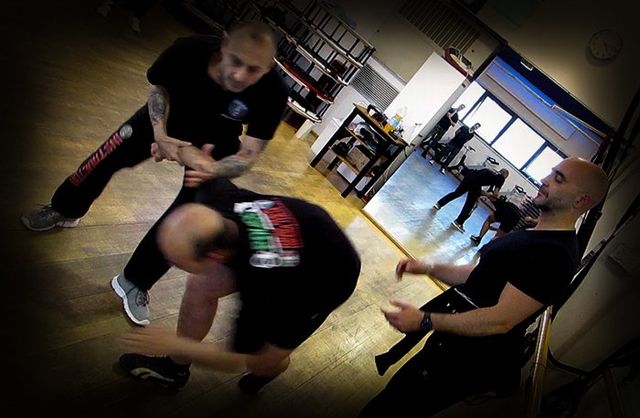In todays rapidly evolving landscape of security concerns, the debate around the necessity of formal training has gained significant traction. Is it possible to navigate the intricate web of threats and vulnerabilities without the benefit of structured guidance? Many professionals in the field argue that real-world experience, intuition, and the constant pursuit of knowledge can rival—if not surpass—the advantages provided by traditional educational pathways.
While formal training programs undoubtedly equip individuals with crucial skills and certifications, the question remains: can passion, adaptability, and a keen understanding of dynamics in security be just as effective? This exploration delves into the diverse backgrounds of successful security practitioners, examining case studies and personal anecdotes that reveal how unconventional routes to expertise are not only valid but often indispensable in an era where threats continuously morph and emerge.
The Value of Formal Training in Security

Formal training in security is invaluable, providing a structured foundation that equips individuals with essential knowledge and skills. It goes beyond mere theory, immersing trainees in the intricacies of risk assessment, threat analysis, and crisis management.
Imagine navigating a complex maze without a map; that’s what it’s like to approach security without proper training. With rigorous coursework and real-world simulations, trainees learn not only how to identify potential vulnerabilities but also how to respond effectively when crises arise.
This immersive experience fosters critical thinking and adaptability, cultivating a mindset that is essential in a field that changes as rapidly as technology itself. Furthermore, formal training emphasizes the importance of legal and ethical considerations, ensuring that security professionals understand the boundaries of their role and the implications of their actions.
In an age where threats are evolving and becoming increasingly sophisticated, the value of this training cannot be overstated. It’s not just about being effective; it’s about being prepared, informed, and capable in a landscape fraught with challenges.
Hands-On Experience: The Importance of Practical Knowledge

Hands-on experience in the field of security is often where the most profound learning occurs. Unlike formal training, which can provide a solid theoretical foundation, practical knowledge immerses individuals in real-world scenarios, forcing them to adapt and think critically on their feet.
Imagine navigating through a high-pressure situation, where the stakes are palpable—this is where instincts sharpen and skills are honed. Each challenge faced on the ground offers invaluable lessons; the unpredictability of human behavior, the nuances of risk assessment, and the art of effective communication come to life in ways that a classroom simply cannot replicate.
Moreover, engaging directly with the evolving landscape of security threats equips practitioners with current, relevant insights that textbooks may not cover. In essence, the true essence of competency in security lies not just in what you know, but in how you apply that knowledge in the chaotic dance of reality.
The Future of Security Careers: Formal vs. Informal Pathways

As the landscape of security careers evolves, the debate between formal and informal pathways intensifies, revealing a multifaceted spectrum of opportunities. Traditional education, with its structured curriculums and recognized certifications, presents a clear route to expertise; yet, it often overlooks the raw, hands-on experience many individuals gain through self-directed learning, internships, or even on-the-job training.
Think about the cybersecurity whiz who, fueled by curiosity, dives deep into code, safeguarding systems without ever stepping foot in a classroom. Conversely, the formal candidate might excel in theory but struggle in real-world application.
This divergence emphasizes the crucial need for diverse skill sets that blend theoretical knowledge with practical aptitude, suggesting that future security professionals may not fit neatly into either category. Ultimately, whether through a well-trodden path of academic rigor or an unconventional journey driven by passion and experience, what truly matters is one’s ability to adapt and innovate in the face of ever-evolving security challenges.
Conclusion
In conclusion, while formal training can provide essential knowledge and skills in the field of security, it is not the sole pathway to effectiveness in this crucial profession. Many individuals have demonstrated that practical experience, a proactive mindset, and a commitment to continuous learning can also lead to success.
Organizations like Pacific West Academy offer valuable resources and training opportunities, but they are not the only means of achieving proficiency. Ultimately, a combination of hands-on experience, self-education, and mentorship can empower individuals to thrive in the security landscape, proving that dedication and adaptability can sometimes outweigh formal credentials in this dynamic field.


